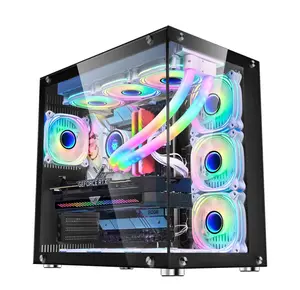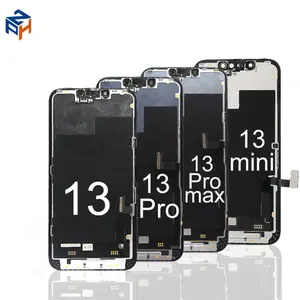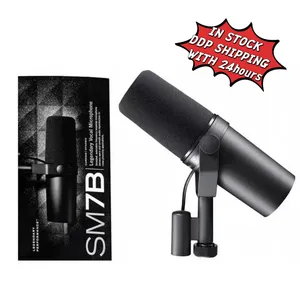Popular in your industry






 Ready to Ship
Ready to Ship





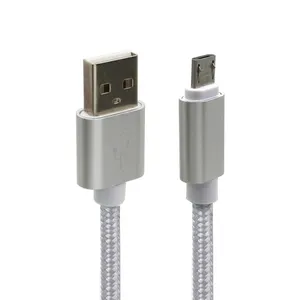



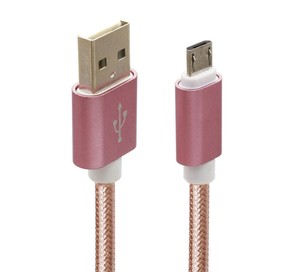















 Ready to Ship
Ready to Ship




































Related Searches:















































































































Top categories
About data and control cables
Data and Control Cables: An Overview
Data and control cables form the nervous system of modern automation and machinery, transmitting signals and power to facilitate complex operations. These cables are integral to the functionality of automated systems, ensuring that both data and power are reliably delivered where needed.
Types and Configurations
Within the realm of data and control cables, there exists a diverse array of types, each designed to meet specific environmental and operational demands. Users can find multi-conductor cables, often referred to as liycy cables, which are shielded with a layer of tinned copper braid to protect against electromagnetic interference. The construction of these cables varies, with options ranging from flexible to highly rigid, to suit the movement requirements of different systems.
Applications in Industry
The application of data and control cables spans across various industries. In the field of metallurgy, cables must withstand high temperatures and abrasive conditions, while in precision fields like CNC machinery, the emphasis is on the accuracy of data transmission. Similarly, in the automotive sector, these cables are essential for the smooth operation of assembly robots and other automated processes.
Material and Insulation
The choice of material for data and control cables is crucial for their longevity and efficiency. Options include polyurethane and PVC, which provide different levels of durability and flexibility. The insulation material is selected based on the environmental conditions it needs to withstand, such as oils, abrasion, and temperature extremes.
Advantages of Robust Cabling
Robust data and control cables are designed to maintain integrity over long periods, ensuring consistent performance and reducing the need for frequent replacements. This reliability is vital for maintaining the efficiency of high-precision equipment and minimizing downtime in production environments.
Choosing the Right Cable
Selecting the appropriate data and control cables requires an understanding of the specific needs of the machinery and the conditions it operates under. Factors such as wire configuration, voltage rating, and flexibility must be considered to ensure that the cable can perform its function without compromise.

